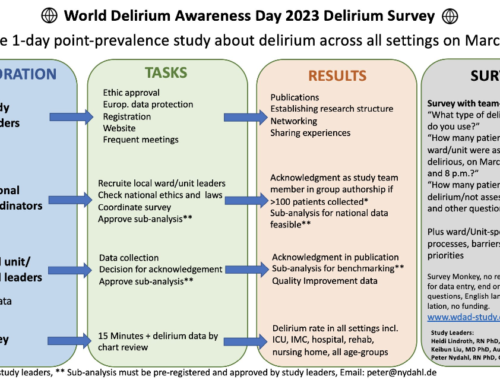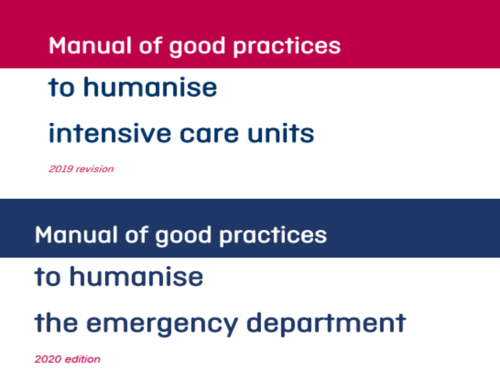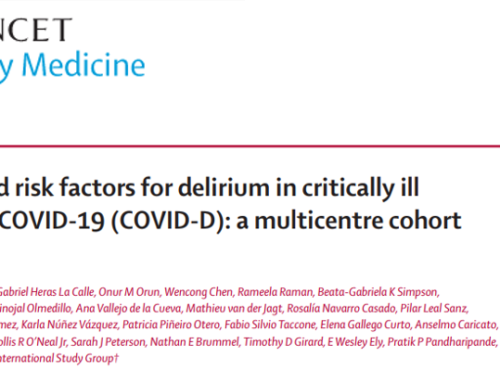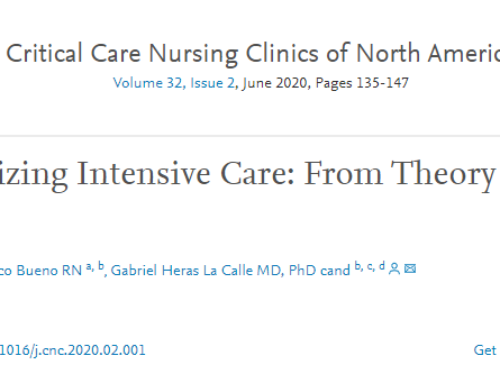In a recent article by Kompanje, “Burnout, boreout and compassion fatigue on the ICU: it is not about work stress, but about lack of existential significance and professional performance”, three syndromes are described that can have the same result in health professionals: loss of the sense of work, demotivation for daily work, and apathy and lack of compassion for patients and families.
The first and most well-known is burnout syndrome or professional wear syndrome, characterized by problems generated from stressors at work and can occur in any workplace, but is much more frequent in health staff by the type of work and the weekly extended hourly load.
The second, boreout syndrome or labor boredom that includes the lack of challenge and loss of interest in the work. It can occur in the ICU for repetitive tasks: chronic patients with high stay and little progress in their illness, or a few labor stimuli , training or innovation in tasks.
Finally, compassion fatigue is characterized by the progressive loss of compassion towards the sicks and their families. This generates increased stress, anxiety, decreased productivity at work, a sense of incompetence and difficulty in continuing to do their work. This entity may occur between 15 and 85% of the health staff according to some series.
These three entities, overlapping with many common points, are present in the ICU staff because many of the risk factors are present. Workload, few hours to rest, decreased family life, stress for the task, chronicity of the patients, emotional overload by the severity of the patients, repeatability of the task, poor working conditions, among many more. All of them generate demotivation, absenteeism, loss of efficiency, overcosts, increased medical errors… impacting on the staff and their families and even more, in the patients.
The challenge ahead is to understand these conditions, and to generate urgent action plans to mitigate and improve the working and emotional conditions generated by this syndromes. It is time to take care of caregivers, understanding their frustrations, increasing their satisfaction through better working conditions, longer hours of rest, protected hours for training among other essential needs. If we do not improve quickly our staff will be more burned, bored and with bodily fatigue and emotional, with the loss of what we were born to have and give our patients: compassion.
By Nicolás Nin







I agree with the author that this is a real possibility in the ICU as well as other high volume patient loads like ED. I sometimes have caught myself going into the compassion fatigue syndrome. Usually, I begin the day bright and cheerful and brimming with compassion and as the day progress, my full cup of compassion dries up quickly and I catch myself becoming cranky when I reach the end of shift.